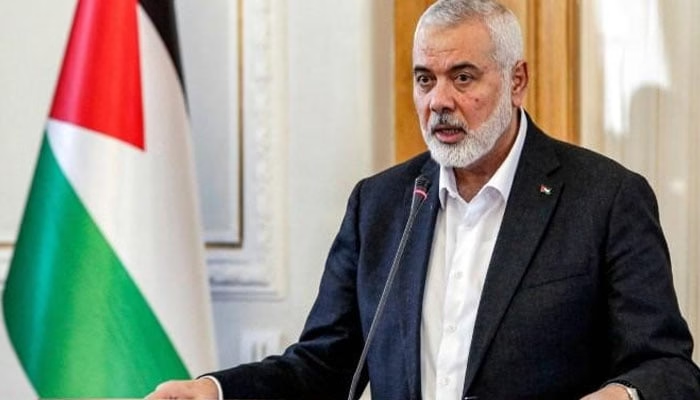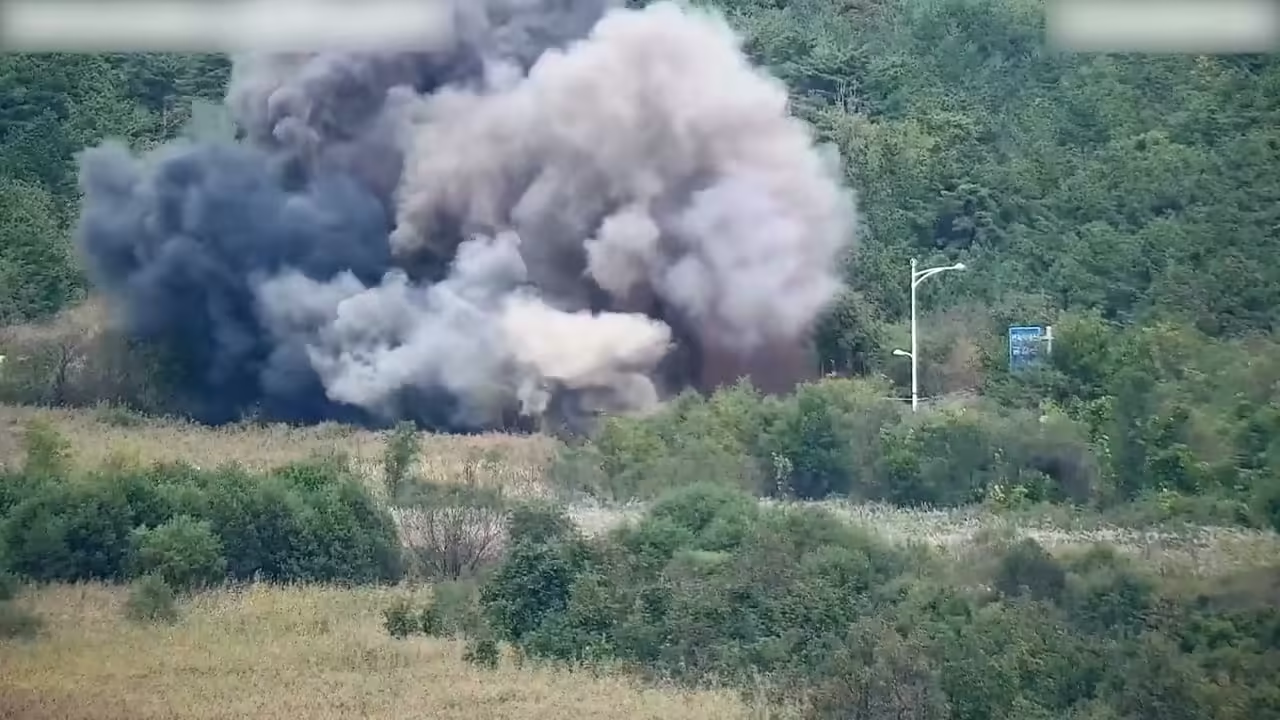A secret report has surfaced detailing the covert operation to assassinate Hamas leader Ismail Haniyeh in Iran, a mission that was meticulously planned for months. According to Israeli media, the operation failed due to an unexpected technical glitch that disrupted the timeline of the assassination.
The Assassination Plot
The confidential report reveals that Israeli intelligence operatives had devised a plan to eliminate Ismail Haniyeh during his visit to Iran. The assassination was to be carried out using a small, remote-controlled bomb placed in Haniyeh’s hotel room. However, a last-minute technical failure altered the course of events.
On the night of the planned assassination, the air conditioning (AC) unit in Haniyeh’s room broke down. This forced him to leave his room for an extended period while repairs were carried out. The plan hinged on Haniyeh being present in the room at the time of detonation, and his unexpected absence disrupted the operation.
The Final Moments
The report claims that after several hours, the AC unit was repaired, and Haniyeh returned to his room. At approximately 1:30 a.m., the remote-controlled bomb was detonated. The blast led to his martyrdom, marking a pivotal moment in the region’s ongoing conflict.
Admission of Responsibility
Israeli Defense Minister Katz recently acknowledged the operation, stating that the assassination was a deliberate act to neutralize a high-ranking Hamas leader. The revelation has sparked international debate, with reactions ranging from condemnation to support for Israel’s actions.
Political Implications
Haniyeh was in Iran to attend the swearing-in ceremony of the new Iranian President, Masoud Peshkeshian. His assassination highlights the geopolitical tensions between Israel, Hamas, and Iran, further complicating an already volatile situation in the Middle East.
A Strategic Setback or Victory?
While the mission ultimately succeeded in eliminating Haniyeh, the disruption caused by the AC unit failure demonstrates the fragility of even the most meticulously planned operations. The incident underscores the unpredictable nature of covert missions and raises questions about the risks and repercussions of such actions.
International Reactions
The assassination has drawn varied responses globally. Supporters of Israel’s actions argue that it was a necessary step to counter Hamas’s influence and activities. On the other hand, critics view it as a violation of international norms, escalating tensions in an already fragile region.
Focus on Security
The incident has also highlighted the importance of operational security in high-stakes missions. Analysts suggest that the unexpected AC failure and subsequent delay exposed vulnerabilities in the plan, which could have jeopardized the entire operation.
Broader Implications
The assassination of Ismail Haniyeh is not just a blow to Hamas but also a stark reminder of the ongoing power struggles in the Middle East. It reflects the deep-seated hostilities and the lengths to which parties will go to achieve their objectives.
The killing of Ismail Haniyeh marks a significant chapter in the region’s history, with implications that will resonate for years to come. As the world watches, the question remains: what will be the long-term impact of this operation on the delicate balance of power in the Middle East?



